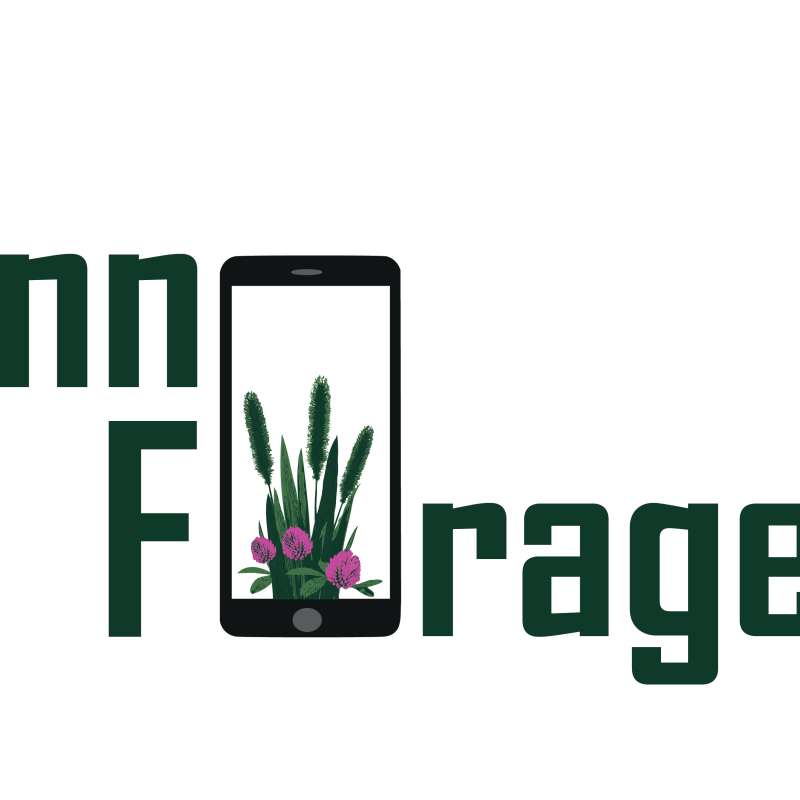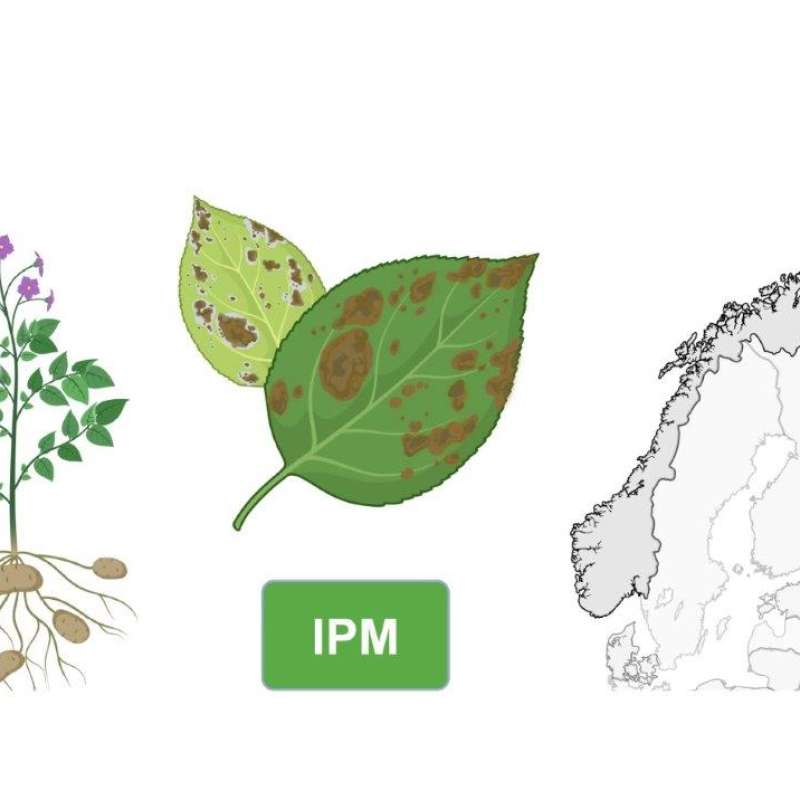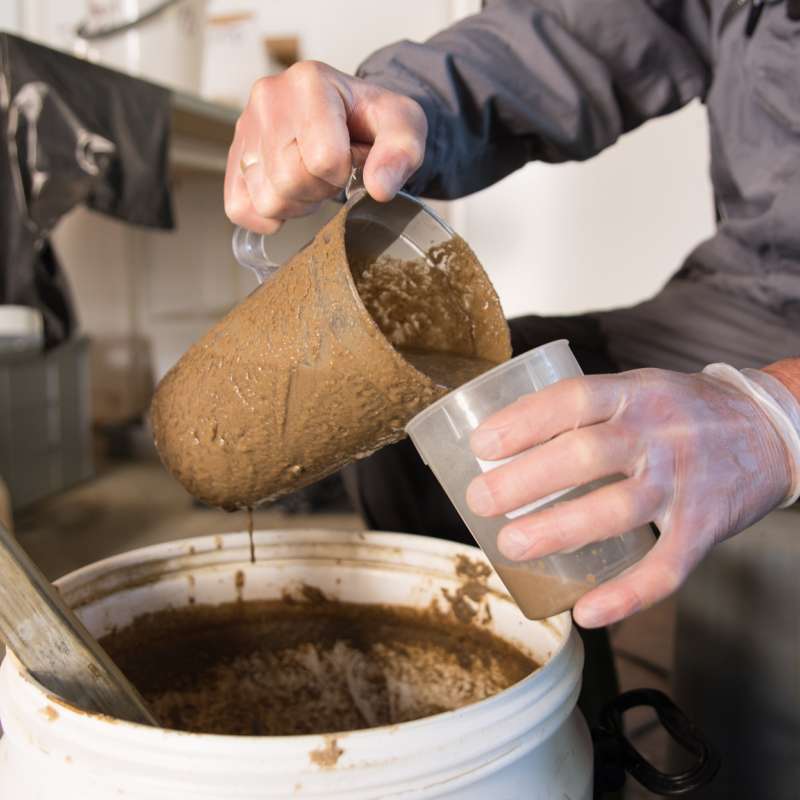
Division of Food Production and Society
Advancing adaption and adoption of new forages in Norway: An innovative farmer-led research approach via citizen science
 Print
Print
NIBIO is a project driven research institute and collects approximately 400 million NOK annually in project funding from both national and international sources. A lot of activity is carried out through EU and EEA-projects and we also participate in research projects in Asia, Africa and Latin America. NIBIO coordinates several large international projects with a particular focus on food security and climate change. The list of projects is not complete.

.jpg?quality=60)
The project will evaluate various strategies for feed production and feeding practices to enhance the sustainability of Norway's food system and support national agricultural policy goals. These strategies include adjusting livestock diets, improving breeding and animal health, and introducing new protein sources for feed. The project will assess environmental impacts, such as land use changes, greenhouse gas emissions, soil carbon levels, nutrient balances, and biodiversity, as well as socioeconomic impacts, including food security, economic and social sustainability, and the viability of rural communities.

Global potato production is plagued by multiple pathogens, and potato late blight (LB) caused by the oomycete

SUFFICIENT is a highly innovative and industry driven collaboration project which brings together Norwegian industries from aquaculture (Cermaq), agriculture (Woolero and Terramarine) and biorefinery (Greentech) to develop new circular bioprocess routes, comprising anaerobic digestion, hydrolysis and fungal fermentation, for efficient conversion of selectively processed biowastes into products for fish & animal feed and biostimulant fertilizers.